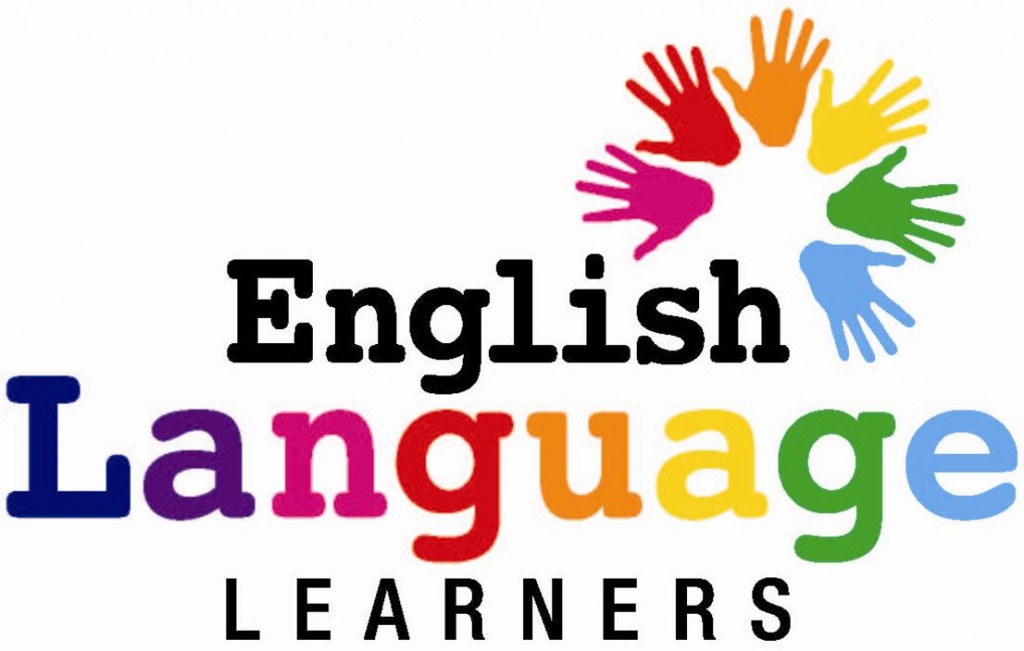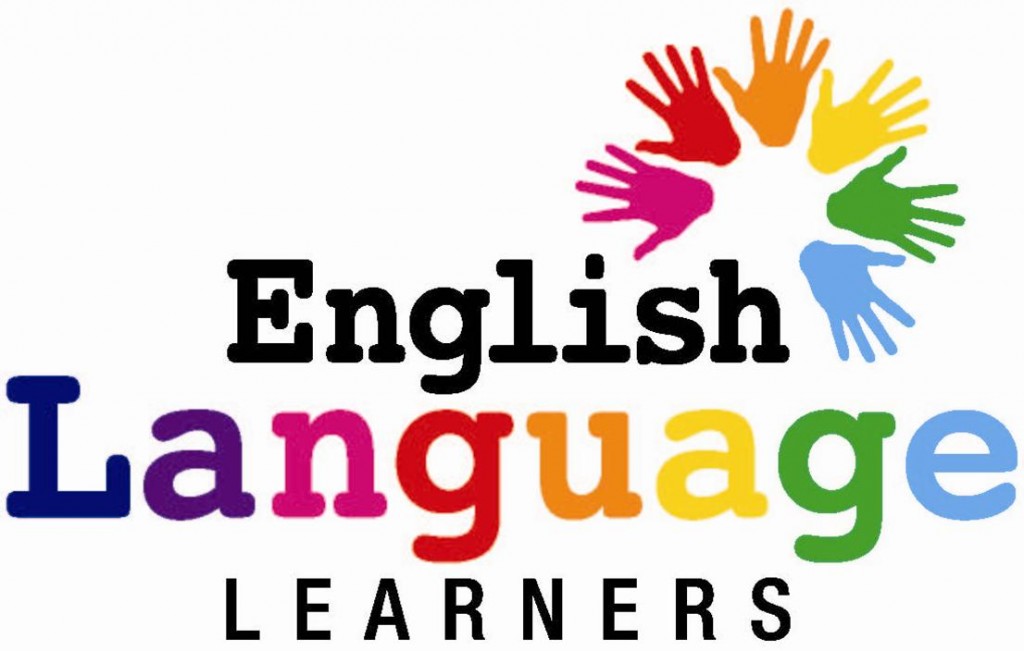Welcome to Online English Section with explanation in Affairs Cloud.com. Here we are creating question sample in Cloze test, which is BASED ON IBPS & SBI PO/CLERK/LIC AAO/RRB, RBI, IPPB,SSC CGL EXAM and other competitive exams !!!
Philosophical realism (1) an absolute notion of truth. Somewhere in a big imaginary book is a list of all truths. To be a truth just means to be in the list. As the list is infinite, we human beings don’t have direct access to it but have to proceed on the basis of (2) for truth.
In the best of cases, such evidence amounts to a proof, or (3) in the sense of logic and mathematics. The list is not affected by what we happen to have proved; it’s at most worth a (4) remark: This truth was even proved by human beings. By the 1920s, especially under the influence of Ludwig Wittgenstein, the view of logical truths as tautologies emerged.
A tautology is a logical sentence that is true under all possible circumstances, or true by virtue of its (5) . Wittgenstein listed in his little book Tractatus Logico-Philosophicus, originally just the German “Logisch-Philosophische Abhandlung,” a number of logical (6) , from 1 (the world is all that is the case) to 7 (what one cannot speak about, on that one must be silent). One maxim is (7) tautologies stand on their own feet, so to say; there is no need for a concept of inference from other tautologies or (8) : One can always conceive logic in such a way that every theorem is its own proof. The notion of a tautology can be used in place (9) the axioms and inferences from them; inference is (10) completely absent from the Tractatus.
- 1) dictates
2) appeal
3) requisition
4) recourseAnswer – 1)
Explanation: dictates – state or order authoritatively. - 1) evidence
2) begging
3) solicitation
4) contradictionAnswer – 1)
Explanation: evidence – the available body of facts or information indicating whether a belief or proposition is true or valid. - 1) entreaty
2) disproof
3) inference
4) tangibilityAnswer – 3) Explanation: inference – a conclusion reached on the basis of evidence and reasoning. - 1) desire
2) inquiry
3) refutation
4) marginalAnswer – 4)
Explanation: marginal – relating to or at the edge or margin. - 1) for
2) to
3) form
4) ofAnswer – 3)
Explanation: form – the visible shape or configuration of something. - 1) ambiguity
2) concreteness
3) maxims
4) verisimilitudeAnswer – 3)
Explanation: maxims – a short, pithy statement expressing a general truth or rule of conduct. - 1) that
2) whom
3) which
4) whoAnswer – 1)
Explanation: that – used to identify a specific person or thing observed or heard by the speaker. - 1) questionably
2) dubitably
3) assumptions
4) substantiveAnswer – 3)
Explanation: assumptions – a thing that is accepted as true or as certain to happen, without proof. - 1) in
2) of
3) for
4) toAnswer – 2)
Explanation: of expressing the relationship between a part and a whole. - 1) corporeality
2) doubtedly
3) indeed
4) solidityAnswer – 3)
Explanation: indeed – used to emphasize a statement or response confirming something already suggested.



